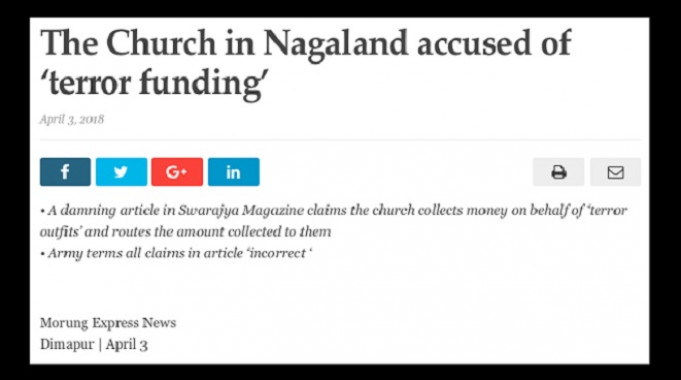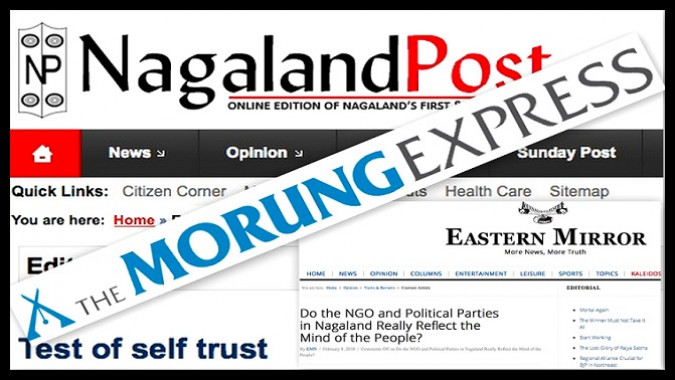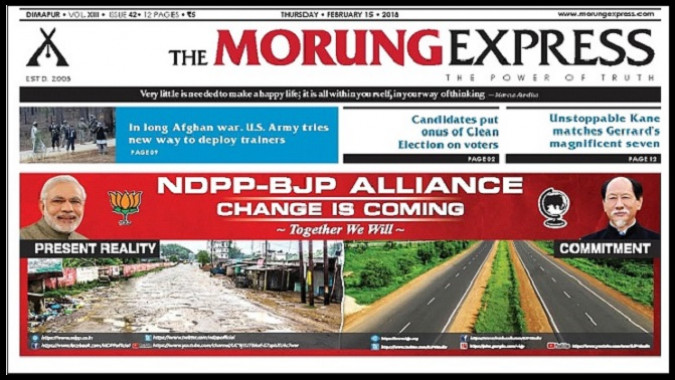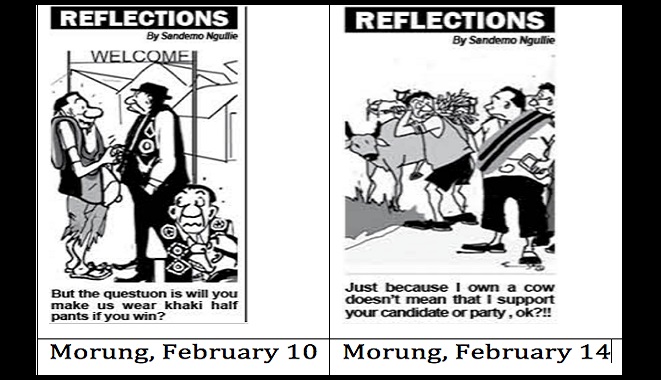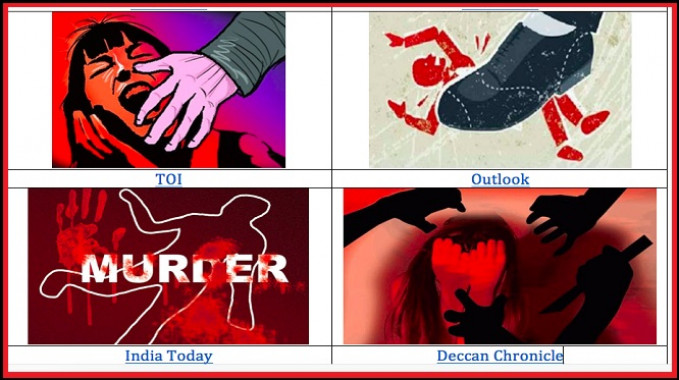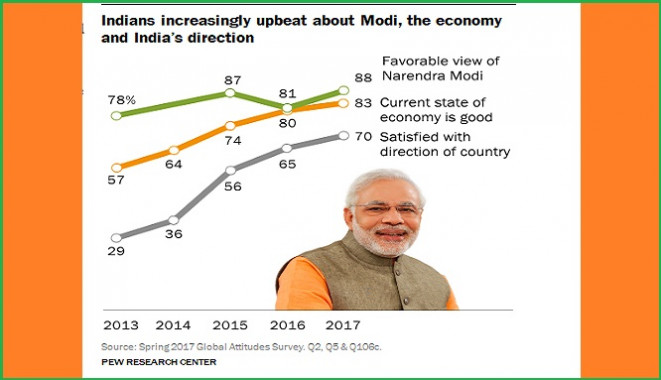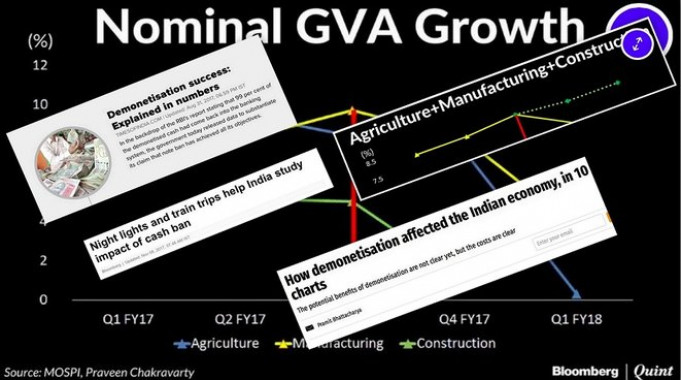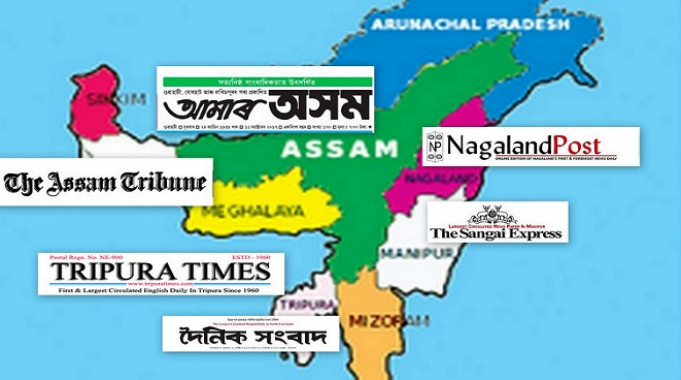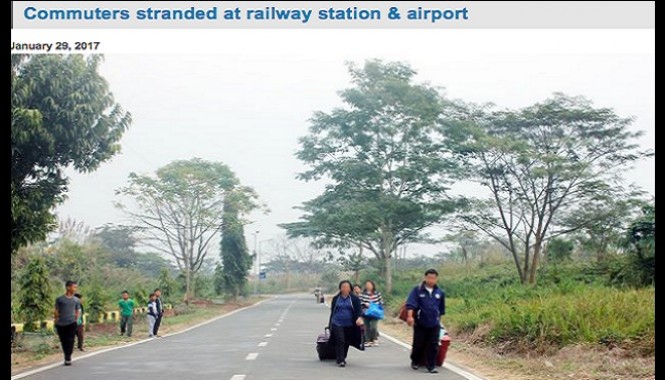BY VIKAS KUMAR|
IN MEDIA PRACTICE
|09/04/2018
An amazing article accusing former CM T.R. Zeliang and the Baptist Church of Nagaland of funding terror drew a threat of legal action and a denial of Swarajya's claims from the Army.
BY VIKAS KUMAR|
IN REGIONAL MEDIA
|18/03/2018
Naga newspapers’ unwillingness to engage with the real issues plaguing the state was on display in the recent elections.
BY VIKAS KUMAR|
IN SPECIAL REPORTS
|13/03/2018
With party ads playing a big role, the issue for the media is how to ensure a level playing field so that money does not decide the election outcome. But civil society placed ads too.
BY VIKAS KUMAR|
IN MEDIA PRACTICE
|08/03/2018
Naga citizens, pastors and reverends included, took to the op-ed pages to shape the election discourse in the newspapers.
BY VIKAS KUMAR|
IN MEDIA MONITORING
|06/12/2017
As statistics grow more important in public debates, here is an analysis of how the media covered – or muddled - the latest crime figures
BY VIKAS KUMAR|
IN MEDIA MONITORING
|19/11/2017
Holes, slanted and selective fact-picking, and weak analysis contributed to projecting an overly positive image for the PM and BJP
BY VIKAS KUMAR|
IN MEDIA MONITORING
|12/11/2017
Two aspects of partisan commentary stood out: adjectives coupled with decontextualised statistics create an illusion of success, and favourable “facts” are mentioned in numbers, whereas inconvenient ones are stated in words.
BY VIKAS KUMAR|
IN BOOKS
|11/10/2017
What are the constraints and dilemmas of newspapers in the North East as they seek to cover current and ancient conflicts? A new book has insights.
BY VIKAS KUMAR|
IN MEDIA MONITORING
|14/06/2017
How the “national” media covered it. Both Hindu and ToI chose to give more space to violence, disruption, and political intrigue in their limited coverage.
BY VIKAS KUMAR|
IN MEDIA MONITORING
|14/06/2017
Covering Nagaland’s anti-women’s reservation agitation - Part II. Local coverage lacked in investigation and ground interviews.
Subscribe To The Newsletter


